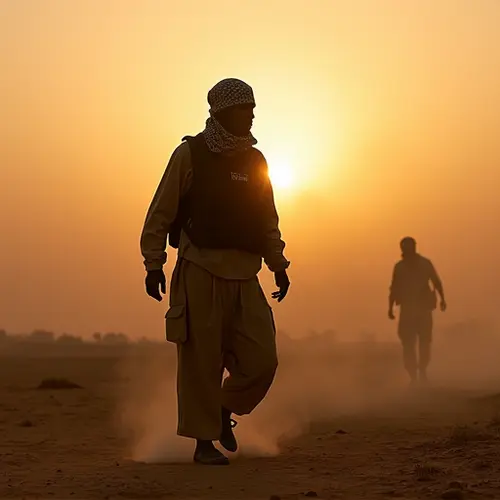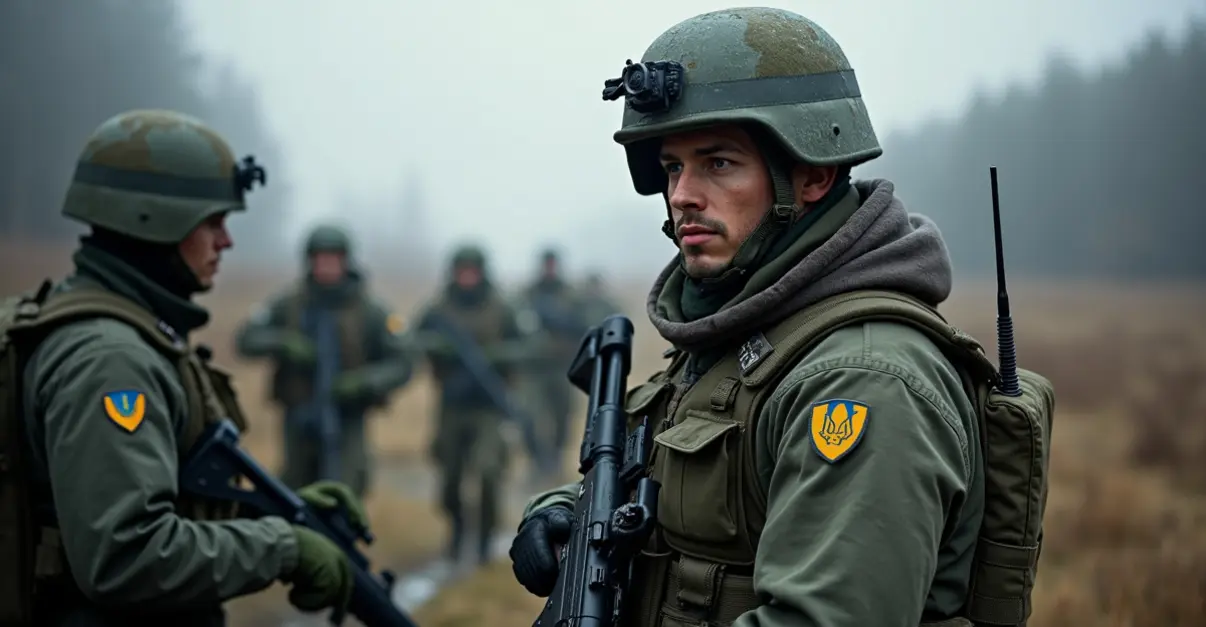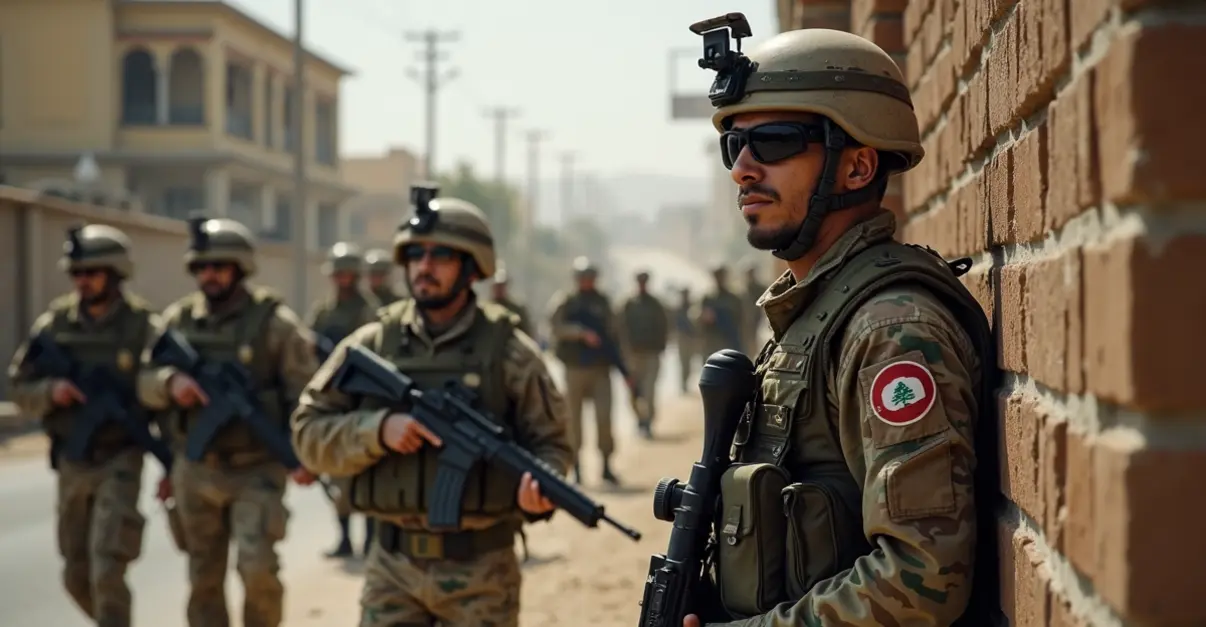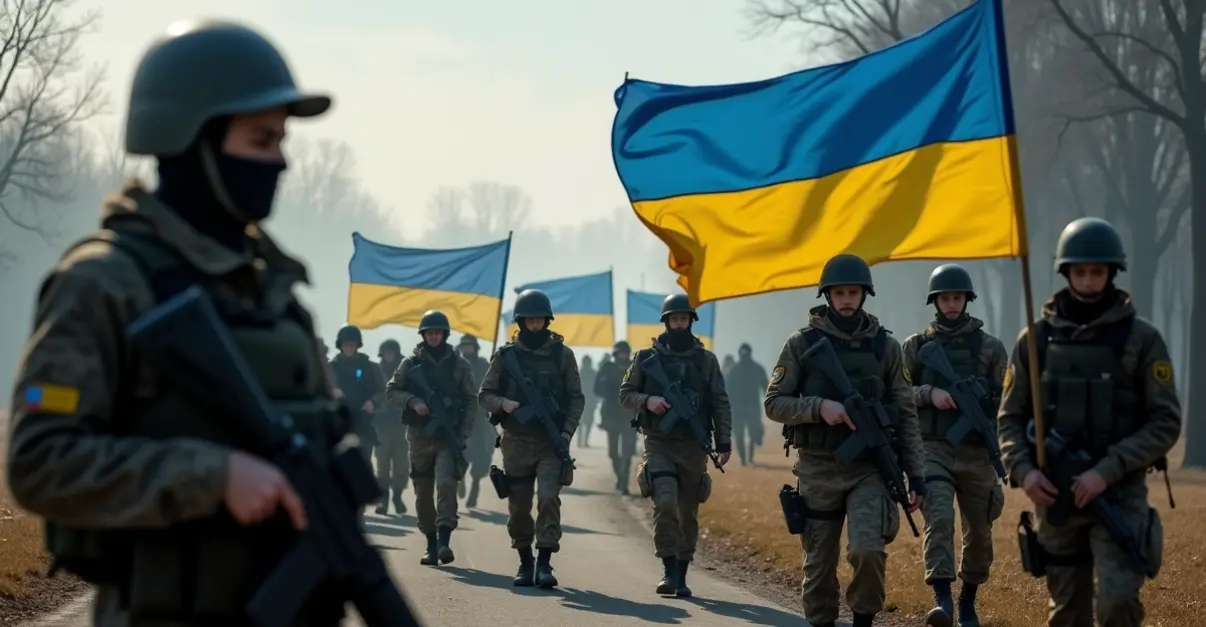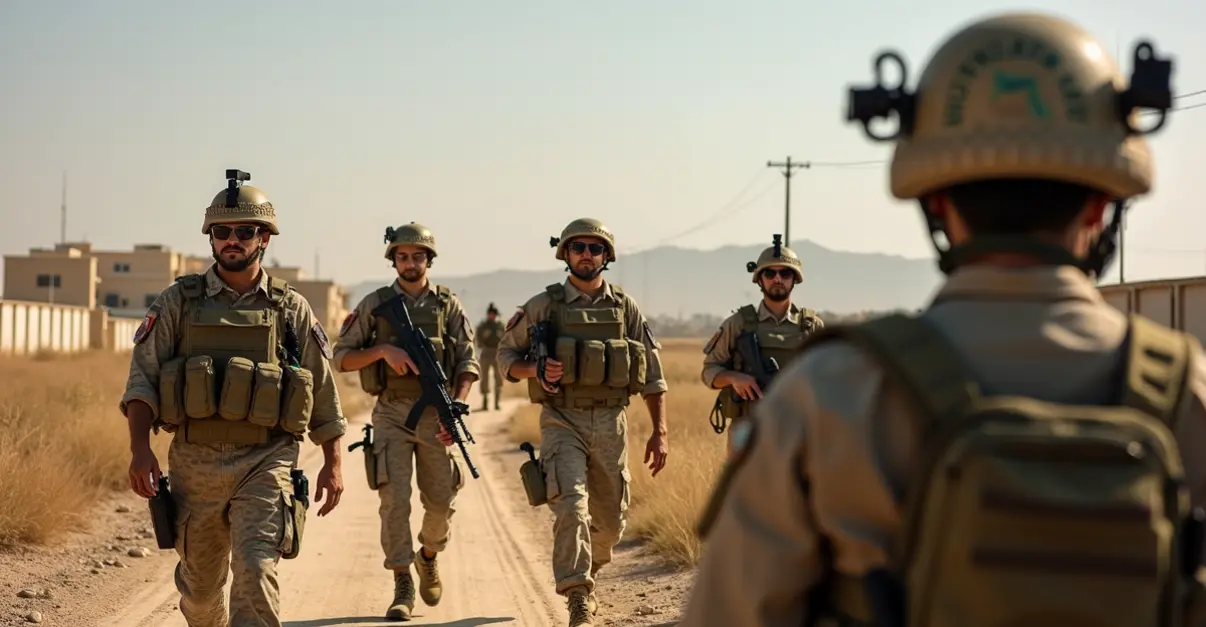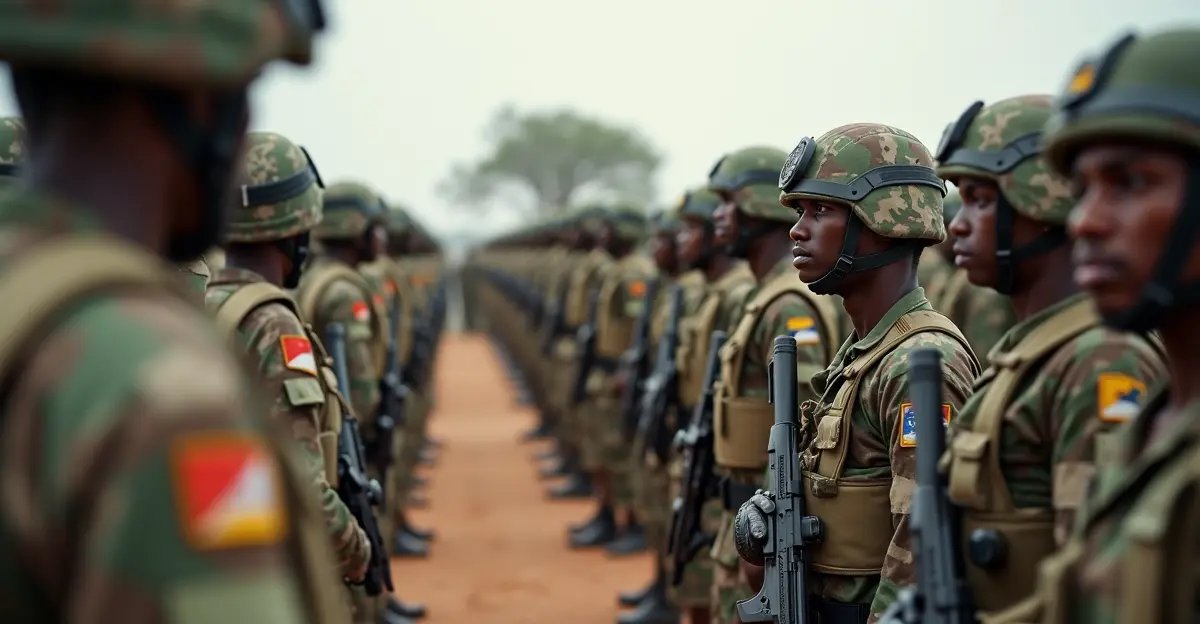
UN Peacekeeping at a Crossroads: Major Reforms Needed
United Nations peacekeeping operations, a cornerstone of international conflict resolution since 1948, are facing unprecedented challenges that demand comprehensive reforms. With over 70 peacekeeping missions completed and approximately 90,000 personnel currently deployed across 12 operations worldwide, the system requires modernization to address 21st-century security threats.
Current Challenges Facing Peacekeeping Missions
The traditional UN peacekeeping model faces multiple pressures including complex asymmetric warfare, political fragmentation among Security Council members, chronic funding shortages, and increasing attacks on peacekeepers. Missions in conflict zones like Mali, the Democratic Republic of Congo, and South Sudan have demonstrated the limitations of current approaches when facing well-armed non-state actors and terrorist organizations.
Key Reform Proposals Under Discussion
Several major reform initiatives are gaining traction within the UN system:
Enhanced Rapid Deployment Capabilities: The current "pull" system, where missions must request resources case-by-case, is being reconsidered. Proposals include establishing standing rapid deployment forces and pre-positioned equipment stocks to reduce response times from months to weeks.
Modernized Mandates: Many experts argue that traditional Chapter VI peacekeeping mandates are insufficient for modern conflicts. There's growing support for more robust Chapter VII mandates that allow peacekeepers to proactively protect civilians and counter armed groups.
Improved Training and Equipment: Peacekeepers from different contributing countries often arrive with varying levels of training and equipment. Standardized training programs and better equipment sharing mechanisms are essential for mission effectiveness.
Financial and Political Hurdles
The UN peacekeeping budget of approximately $6.5 billion faces constant pressure, with some member states regularly delaying or reducing contributions. Political divisions within the Security Council, particularly among permanent members, often complicate mandate renewals and mission adjustments.
Secretary-General António Guterres has emphasized that "peacekeeping cannot succeed without peacemaking and peacebuilding." This holistic approach recognizes that military presence alone cannot resolve underlying political and economic conflicts.
The Path Forward
Successful reform will require unprecedented cooperation among member states, increased financial commitments, and willingness to adapt to new security realities. The future of UN peacekeeping may involve more partnerships with regional organizations like the African Union and greater use of technology for surveillance and early warning systems.
As conflicts become more complex and interconnected, the international community must decide whether to invest in making peacekeeping more effective or risk seeing this vital instrument become increasingly irrelevant in maintaining global peace and security.

 Nederlands
Nederlands English
English Français
Français Deutsch
Deutsch Español
Español Português
Português



